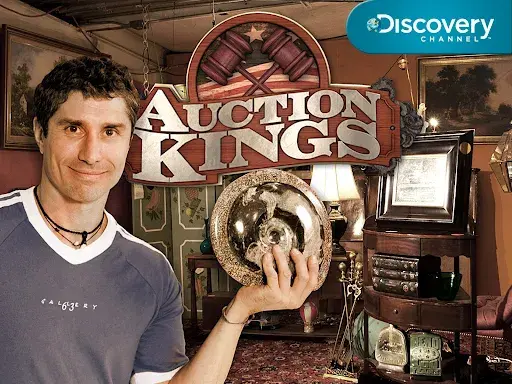Rare Duncan Grant bust enters Charleston’s collection and gives fundraising boost

FIRLE.- A rare bust of artist Duncan Grant (1885 – 1978) by sculptor Stephen Tomlin (1901 – 1937) has entered Charleston’s collection, with an edition of 15 bronzes cast from the original to support the charity’s emergency appeal.
Tomlin’s circle of friends, and sitters for portraits, included many members of the Bloomsbury group. The 1924 bronze head joins Tomlin’s busts of writers Virginia Woolf, Lytton Strachey and David Garnett on display at Charleston; the Sussex home Grant shared with artist Vanessa Bell and the country meeting place where the Bloomsbury group’s artists, writers and thinkers gathered to imagine life differently.
The bust of Duncan Grant illustrates the complicated personal relationships within the Bloomsbury group. It was commissioned by David Garnett who was Grant’s lover at Charleston during World War One, and paid for by John Maynard Keynes, also a resident of Charleston who had been Grant’s lover c.1909. Tomlin was also romantically involved with Garnett, Grant and his then lover Angus Davidson. Another of Grant’s lover’s, Eddie Sackville-West became infatuated with Tomlin, buying the original plaster of Grant’s bust.
Two copies were cast in bronze at Giovanni Fiorini’s Foundry in Battersea, both Garnett and Keynes keeping the busts in their collections for the remainder of their lives. Keynes’ cast was bequeathed by his nephew, Milo Keynes, to the National Portrait Gallery in 2010.
Very little of the sculptor, Stephen Tomlin’s work survives. He explained to a friend in 1927: ‘I take the greatest pleasure working all day at things which I know I am going to smash up when they are finished…all the pleasure of doing it, and none of that extraneous and vain anxiety about its success.’ Tomlin’s life and career can only be pieced together from fragments (his mother destroyed his papers in 1949) and references in other people’s letters and memoirs. Tomlin was born in 1901, the youngest son of a High Court judge. He studied at New College, Oxford for just two terms before leaving to become a sculptor. His formal training was limited to a brief apprenticeship to Frank Dobson — accounts vary from 6 months to 2 years, and they remained friends until Tomlin’s early death in 1937.
The acquisition was completed in February 2020 and has been made possible thanks to the support of Art Fund and the Henry Moore Foundation. Abbott and Holder who managed the sale, have commissioned an edition of 15 bronzes cast from the original by Bronze Age London, priced at £6,000 (+VAT). 15% of each sale will be donated to The Charleston Trust which has been badly affected by the Covid-19 pandemic. The charity, which receives no regular public funding and has no reserves or endowments to fall back on, has launched a major fundraising campaign to secure Charleston’s future, and to protect its unique collection housed in the only completely-preserved Bloomsbury interior in the world.
Dr Darren Clarke, Head of Collections, Exhibitions and Research, The Charleston Trust, said: “This bronze of Duncan Grant by Stephen Tomlin is a significant addition to Charleston’s collection. It represents a wealth of queer heritage that is important to the story of the Bloomsbury group and of Charleston. We are thrilled that it will be exhibited alongside Tomlin’s busts of Virginia Woolf, Lytton Strachey and David Garnett at Charleston for visitors to enjoy. We are extremely grateful to the Henry Moore Foundation and Art Fund for supporting the acquisition.”









